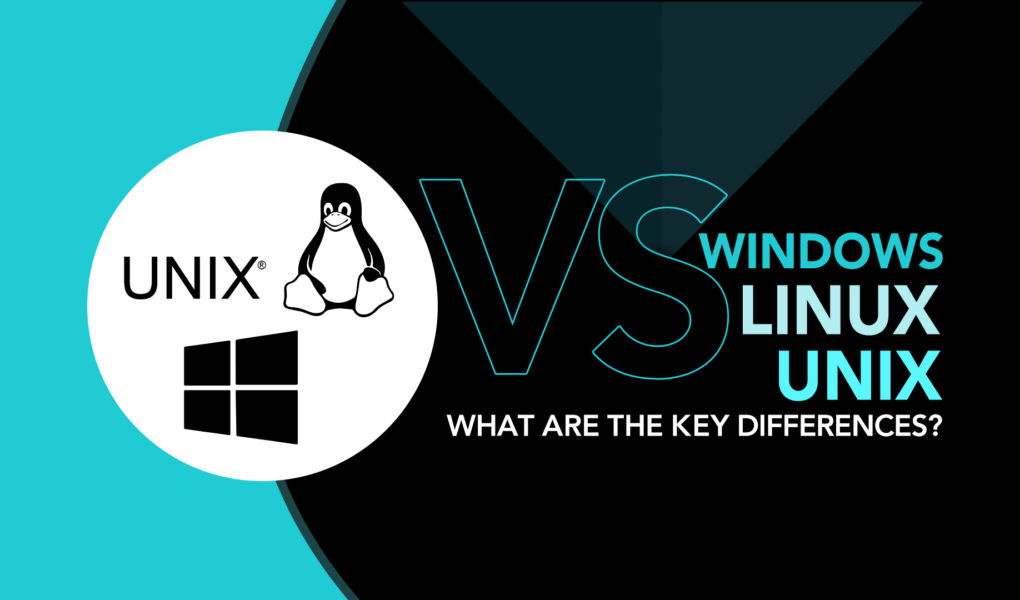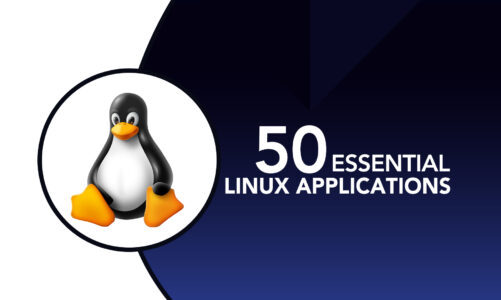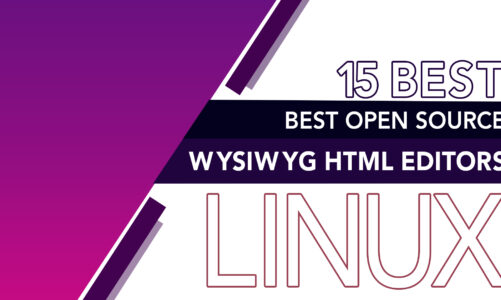From personal computers to servers, we rely on operating systems to manage and run our devices. Nevertheless, given the abundance of choices, selecting one can prove to be a challenging task. Three of the most popular operating systems are UNIX, Linux, and Windows. Each of these systems has its unique strengths and weaknesses, and understanding the differences between them is essential for us all.
To cope up with that, here we are defining the 4 key comparison factors of the three, along with a brief overview of each OS.
Overview of UNIX
UNIX was developed in the 1970s, and its stability, interoperability, and portability made it a dominant force in the computing industry. Even today, UNIX and its variations continue to be extensively utilized in diverse IT systems such as servers, workstations, embedded systems, and supercomputers.
Although the demand for UNIX has decreased in recent times, enterprises continue to utilize it for essential workloads, particularly in specialized software, cloud security, and data center application support. The complete abandonment of UNIX is predicted to be a gradual and prolonged process, as it still holds significance in the governance, telecommunications, and financial sectors, ensuring its sustained operation.
Overview of Linux
Linux is a reliable and secure operating system that offers cost-effectiveness, flexibility, and scalability for both personal and enterprise use. By being an open-source platform, developers can incorporate their smaller software elements with other software to create comprehensive supply chains, rendering it a desirable option for fulfilling business objectives.
Linux is also the backbone of container operations, which simplifies the mechanization of application scaling and resource consumption.
Linux provides users with a unique advantage compared to other operating systems by allowing them to customize the platform according to their requirements. This flexibility empowers users to attain their business objectives promptly, precisely, and with high efficiency. Ubuntu Server’s extensive range of tools and packages grants additional support for building sturdy systems and services, rendering it a crucial selection for contemporary enterprises.
Overview of Windows
Microsoft Windows is a renowned and extensively adopted operating system, powering more than 75% of desktop and laptop computers worldwide. Windows, provided in 32- and 64-bit editions, is an intuitive operating system that features a graphical user interface (GUI), manages virtual memory, facilitates the use of numerous peripherals, and enables multitasking operations.
It provides both server and client versions, with popular client versions such as Windows 11, 10, 8, and 7 and server versions like Server 2022, 2016, and 2008 R2. Whether you’re a home user or an enterprise-level organization, Windows offers a range of options to meet your needs, making it an essential part of the computer landscape.
UNIX vs. Linux vs. Windows: 4 Key Comparisons
1: Cost
When choosing an OS, the expense is a significant aspect to consider.
- UNIX is typically the most expensive of the three OSs, with licensing fees and maintenance costs that can add up quickly.
- Linux, being an open-source, is available for download and use at no cost. However, businesses may still incur costs for maintenance and support.
- Windows is a proprietary OS that requires a license for each device it is installed on, making it more expensive than Linux but less expensive than UNIX.
2: User Interface
The user interface (UI) pertains to the visual and interactive aspects of an operating system, enabling users to interact with the computer.
- Windows has a graphical user interface (GUI) that is user-friendly and easy to navigate, making it a popular choice for many users.
- Linux has several different GUIs to choose from, some of which are similar to Windows, while others are more complex and geared toward advanced users.
- UNIX, on the other hand, has a command-line interface (CLI) that can be challenging for users who are not familiar with it but is highly customizable and powerful.
3: Security
Security is a crucial consideration for any operating system.
- UNIX and Linux are known for their security features and are often used for servers and other systems that require high levels of security.
- Windows has historically been targeted by malware and viruses, but Microsoft has made significant improvements in recent years, including built-in security features and regular updates.
- All three operating systems have community support and regular updates to address security vulnerabilities.
4: Software and Compatibility
The availability of software and compatibility with hardware is another crucial factor to consider when choosing an operating system.
- Windows has the largest software library, with most software developers creating software that is compatible with it.
- Linux also has a wide variety of software available, although some applications may require configuration or modification to work correctly.
- UNIX has a smaller software library and is often used for specialized applications in industries like finance and healthcare. Virtualization has become increasingly popular, allowing users to run multiple operating systems on a single machine, making compatibility between operating systems less of an issue.
Final Thought
UNIX is a reliable choice for critical computing needs due to its unparalleled security and stability, while Linux is preferred for its customizability and community support. Windows, with its user-friendly interface and broad application compatibility, is popular in most personal and business computing use cases.
Choosing the best operating system ultimately depends on individual needs and priorities, including an assessment of the system’s requirements, user base, and technical expertise. Regardless of the operating system chosen, it is critical to maintain it up-to-date with the most recent security patches and updates for maximum performance and security.



